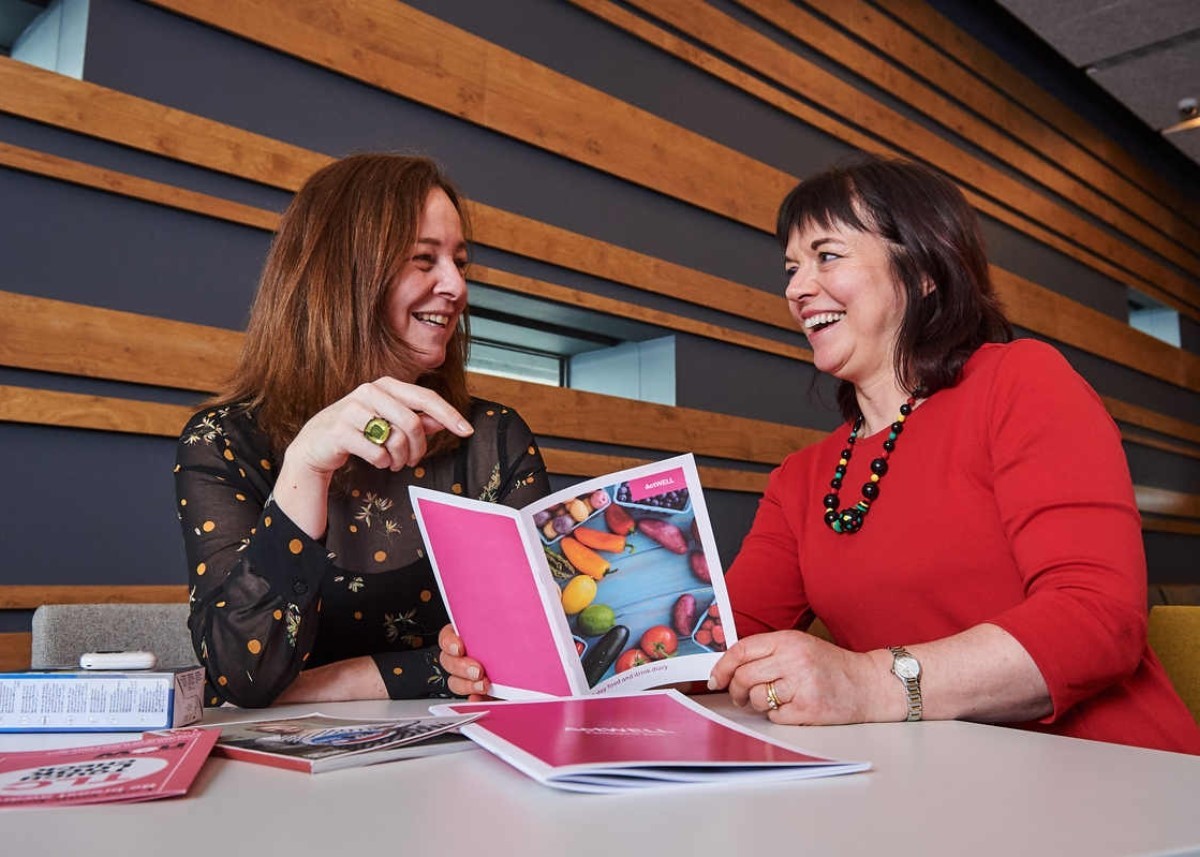New research has shown that a lifestyle programme introduced to women at a routine breast screening appointment can help lose weight and could help to reduce the risk of breast cancer.
New research has shown that a lifestyle programme introduced to women at a routine breast screening appointment can help lose weight and could help to reduce the risk of breast cancer.

A new support programme
Researchers funded by the Scottish government have developed a programme that supports women to make changes to their diet and increase physical activity.
They found that the 'ActWELL' programme doubled the likelihood of women achieving a weight loss that can have a positive impact on their health after just 12 months. Since excess weight increases the risk of breast cancer, the programme was introduced to women attending regular NHS breast screaming appointments.
Researchers believe that expanding this programme could play an important part in reducing the rates of breast cancer, and other obesity-related diseases for women.
Promoting a healthier lifestyle
The lifestyle programme was offered to women between the ages of 50 and 70 who attended one of four NHS Breast Screening Centres across Scotland. After 12 months, the women who participated in the ActWELL programme reduced their weight by an average of 2.5kg.
Researchers estimate that a sustained weight loss of between two and 4.5kg is linked with an 18% lower risk of breast cancer.
Professor Annie Anderson from the University of Dundee, who led the study, said: ‘Our study has shown that structured guidance on physical activity and diet using important techniques from health psychology could have a major effect on breast cancer risk.
‘Promoting healthier lifestyle options at a time when women are attending breast screening appointments could be the reminder that triggers many into adopting habits that could potentially save lives.’
Providing support and coaching
The ActWELL programme was delivered by volunteer lifestyle coaches, who were recruited and managed by Breast Cancer Now. Lifestyle coaches held face-to-face sessions and telephone support calls with women taking part in the programme.
Baroness Delyth Morgan, Chief Executive at Breast Cancer Now, said: ‘We are proud to have supported the ActWELL trial by recruiting and training volunteers and give our huge thanks to all the volunteers for their support.’
Initial sessions were to discuss the womens' diet and physical activity as well as identify weight loss goals. Follow up phone calls discussed progress and gave the opportunity for lifestyle coaches to give encouragement and direction.
Next steps
The ActWELL initiative shows that volunteer coaches, working with a charity, can help women lose weight and could help to reduce their risk of breast cancer.
The outcomes of the study are now being considered by the Scottish government to see if they could be a part of their ongoing work to further reduce inequalities and support breast cancer prevention.
Delyth added: ‘More research is now needed to find ways to help women maintain a healthier weight, but we hope this trial will lead to fewer women being diagnosed with breast cancer in the future.’
The study was published in the International Journal of Behavioural Nutrition and Physical Activity.
If you have any concerns about breast cancer, you can speak to our expert nurses on our free Helpline at 0808 800 6000 or by using our confidential Ask Our Nurses service.